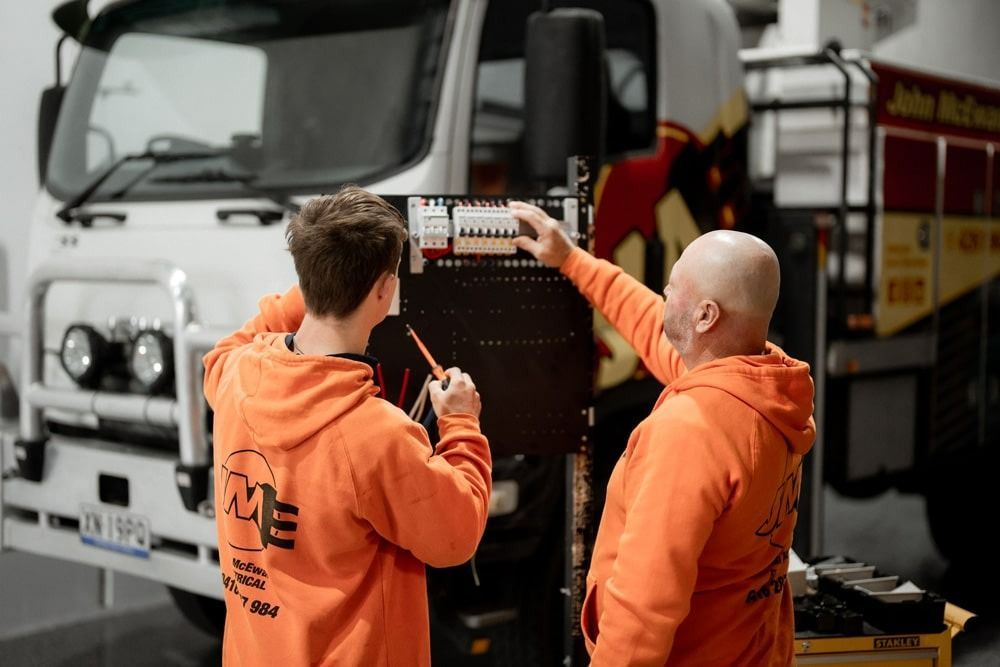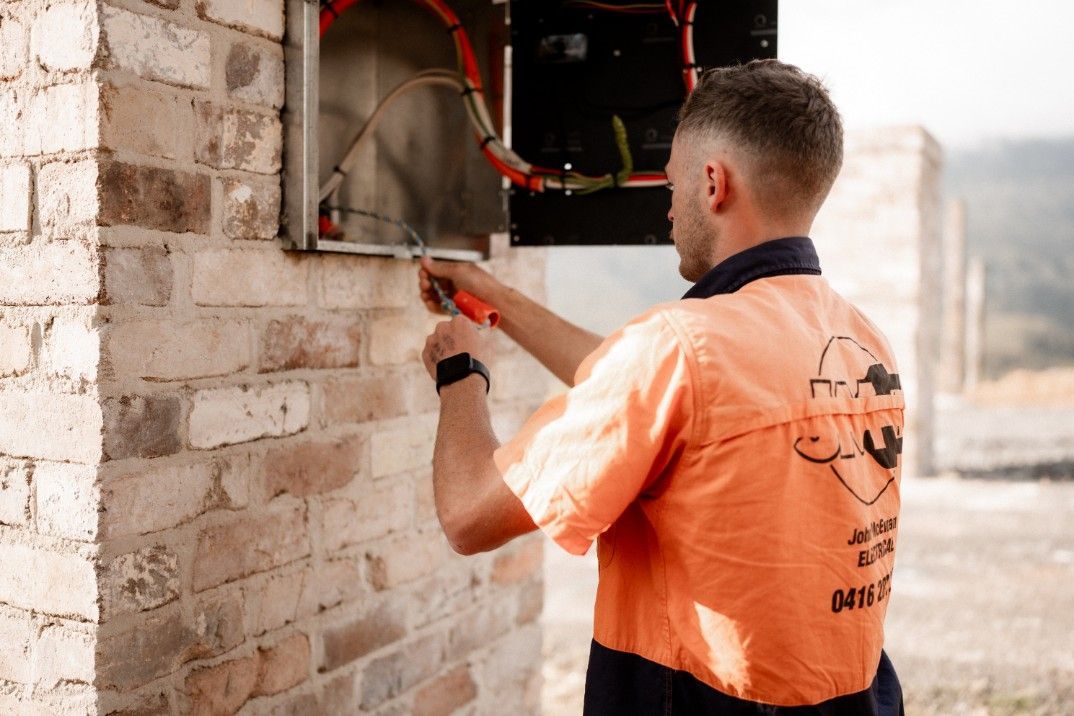How To Become An Electrician
Whether you’re looking for a high-paid trade occupation or a job that can offer both flexibility and stability, becoming an electrician could be the right move for you.
Like many trade jobs, being an electrician is very hands-on and practical, but it also involves using your brain to solve problems and think logistically. As such, it’s the ideal career choice for those looking for an intellectual challenge. Every day is different and it’ll keep you from a dull desk job.
You will be working with cables, wiring, and switchboards . Some of your duties might include:
- Installing and running tests on electrical systems
- Diagnosing and fixing electrical faults
- Maintaining and repairing electrical appliances like kitchen and electronic equipment
- Removing any potential electrical hazards and fixing conditions to meet health and safety requirements
- Working in domestic, residential, commercial, and industrial settings
- Using a variety of power and hand tools including drills, saws, pliers, wire strippers, and diagnostic equipment
If that sounds like something you would be interested in, read on for our full guide about how to become an electrician in Australia.
The pathway into electrician work
There are two main stages of training and qualifying as an electrician in Australia: through an education course or through an apprenticeship. Depending on whether you’re a school leaver, changing careers, or have come back from a gap year, there is a relevant path for you.
If you’re coming from school
If you’re leaving school and have a qualification in Maths, Further Maths, Physics, Maths Methods, or higher, you can enrol on an Electrical Pre-Apprenticeship course. This is called Certificate II in Electrotechnology (UEE22011).
This can be through a school-based apprenticeship, NECA Education and Careers, or a VET/VCAL program. This is the best chance to see whether working as an electrician is for you.
If you’re making a career change
If you have no substantial work experience, you will have to go back to the ‘If you’re coming from school’ section.
However, if you have substantial work experience in an allied trade or a trade similar to electrician work, you may be able to apply directly for the Electrical Apprenticeship. Allied or similar trades include:
- General building construction
- Bricklaying
- Plumbing
- Horticulture
- Carpentry
- Telecommunications
- Electronic Security
- Data and Communications
- AV technician work
- Engineering or mechanical trades
The next step
After completing the pre-apprenticeship course or gaining substantial relevant experience, you can apply for an electrical apprenticeship. During the apprenticeship, you’ll be working to complete Certificate III in Electrotechnology Electrician (UEE30811).
These usually last 4 years and include structured training through a registered training organisation as well as on-the-job work for which you’ll be paid a weekly wage that increases along with your level of experience.
After you’ve completed your apprenticeship, you’ll need to apply for an electrician’s licence. Licensing requirements can differ between states and territories, so you should always check with the relevant licensing authority for your area.
John McEwan Electrical Pty Ltd is always looking for a qualified and experienced electrician to work for us in Wollongong , Illawarra, and the South Coast.







